I
find both tears and laughter, sadness and joy to be equally as beautiful.
Laughter and joy because it makes me feel like I belong. Tears and sadness
because they remind me that I have the capacity to care deeply. Both remind me
that I am alive.
This
is my story about alcoholism.
I
was married once.
I
was married to a woman who was gifted in ways that she didn’t understand and
simply couldn’t see.
We knew each other from childhood. We went to the same grade school for a year and then later, the same high school. Needless to say, our paths have crossed many times over the years.
Not
long after high school, I left for college in north Florida to pursue a dream
of eventually becoming a professional baseball player. When that dream was met
with the reality that it takes more talent than I had, I joined the United
States Army and earned the G.I. Bill. After leaving service, I decided to reset
my life back in my home town.
This return to college might be fun after all!
Having grown up there, I decided to complete my college degree. In 1988 college students actually had to stand in line to register for classes, perhaps unimaginable to today’s generation. So, on registration day, I found myself standing in one of those long lines. Waiting. Mind wandering. Bored. However, I couldn’t help but notice the girl standing in line, in front of me, seeing only her back. Pink sweat pants, blonde hair, nice build.
If you guessed my future wife, and creator of Better Than Sober, you’d be right.
We
made eye contact and must have had the same questioning look on our faces.
Could it be? Indeed it was. Certainly, at this point you can guess who, right?
For
a few minutes, we chatted, caught up on the well-being of some old friends, what
she was studying, what I was studying and we both smiled about the randomness
of life, that would put us in this line together after several years. Getting
brave, I asked her for a date. She said “No”.
Some days later, after bumping
into her on campus, I asked again. She said “NO”. Apparently my threshold for
suffering was great because I would try several more times, only to walk away
with a badly bruised ego when she began putting a little more emphasis on her
rejections.
Over
time, we’d cross paths on campus, say “hello”, and then move on. I don’t recall
what state of mind I must have been in, now months later, to give it one more
shot, but I did. She said “yes”.
And so it began . . .
Dating would eventually lead to our engagement and we were married in June of 1990.
When
we dated she was multifaceted and fetching, to say the least. She completed
college with Magna Cum Laude honors. She spoke fluent French. She had written a
play while in undergraduate that was produced by the University’s student
theatre. She had travelled to France both as a student and later, as a
participant in a work exchange program. On days that she didn’t have classes,
she would work in her father’s tree and stump removal business, operating chain
saws and stump grinding equipment for spend money. On our date nights, she
would fix her hair, put on some make-up and look fantastic. She seemed just as
comfortable either way.
She seemed confident, self-assured
and I was certain that I had “out-kicked my coverage”, to use a football
metaphor.
I
tell you all of this to offer a clear picture of what I saw in her and what
others saw as well. What I didn’t understand, is that she didn’t see the same
thing.
Neither
one of us could see, nor were we prepared for what we were going experience in
the years to come.
At first, her drinking seemed . . . well, normal.
Prior
to our being married, we would meet family or our friends at a local
restaurant/bar for happy hour or dinner and drinks. At the time it seemed,
well…normal. Nothing excessive. No red flags. Just, normal.
Our new marriage began with a series of poor decisions regarding our professional lives. She started her work life as a high school French teacher at a very desirable school, and I worked in sales.
In our first year of marriage we would move to Dayton, Ohio, then to Atlanta, Georgia and back home. The details about why we made these choices early on are not necessary to explain here. However, the ramifications of those choices and the instability that followed, would begin to pile up into a continually stressful financial situation. A situation that alcohol would make easier to ignore, but also serve to worsen down the road.
By
1992 we had stabilized enough to buy a beautiful new house. It was only a
“cookie cutter” house in a good neighborhood, but it was brand new and it
finally felt like we were “home”. After over 2 years and a tumultuous start,
we’d finally gotten settled. Barely a year later, our first child would be
born. A stunningly beautiful baby girl.
At this point in our lives we would have friends and family over for food and, of course, drinks. After all, we had to have a reason to show off our new baby girl. Still, our habit with drinking was relegated to these family events, other than the occasional beer now and then, in the evenings. Our baby girl had mostly grounded us from routinely going out with friends for happy hour, as we had in the past.
Two beautiful babies later and double the mortgage.
In
1995 I took a job in a business that was purchased by my stepfather. It was
seemingly a life changing opportunity for me professionally and for our family.
It would give my wife the opportunity to leave her teaching job and stay home
with our daughter. A year after taking that job, in June of 1996, we gave birth
to our second child, a son.
A year later, making more money now and our daughter being just a couple of years from starting school, we decided to move up in the world. We bought a bigger house, in a different county that was well known for having an excellent school system. And, we more than doubled our mortgage payment.
Remember
that statement. We more than doubled our mortgage payment. Disagreements about
money, even in the absence of addiction, can sometimes destroy relationships.
My wife’s anxiety level had begun to intensify with each new baby, the weight of owning a bigger house and my working in a family owned business. More and more I noticed a glass of wine, typically around supper time. I didn’t give it a lot of thought because a glass of wine while cooking, or with supper, didn’t seem too unusual. However, I wasn’t paying much attention to the number of glasses of wine. A detail that would get my attention in the years to come.
In November of 1997 we’d bring another beautiful baby girl into the world. With each child came more anxiety, the weight of more responsibility and more drinking by my wife.
Why couldn’t she just quit for good? She did when she was pregnant!
I
feel it’s important to mention right here that with each pregnancy and the subsequent
breastfeeding during the infancy of our children, my wife did not drink. Her
diet was nearly impeccable. During the time she was pregnant and breastfeeding,
she valued the well-being of our unborn children more than she valued alcohol.
Her not drinking during these pregnancies would become a source of confusion
for me. As the addiction got progressively worse, I simply couldn’t understand
why she couldn’t quit, as she had with the pregnancies.
Near the end of 1997 the family business was in trouble. Plagued with old equipment and limited resources, the business began to fail. It was extremely difficult trying to figure out how to keep the business afloat, but even more difficult at home trying to insulate my wife from the fact that this business was likely going to fail. I told her very little.
My fear was that it would worsen her anxiety and therefore, threaten what stability we had created at home. More daunting for me was the fact that my stepfather and, subsequently, my mother had leveraged everything they owned in the purchase of the business. If the business failed, they would lose it all, including their home.
I felt responsible for all of it.
The
business.
My
wife, children, and their well-being.
The home and financial security of my mother (I am her only child) and stepfather.
And,
my wife’s drinking.
That’s right, I began to see myself as responsible for my wife’s drinking. After all, I took a chance on working in an upstart, family-owned business instead of a more stable corporate job. She was at home with 3 toddlers going 100 miles per hour, all day long, not knowing how we would get by, if and when, this business finally closed its doors.
The
business did fail in 1998. I was torn between my obligation to see the business
through to closing, until all formalities were finished, and my obligation to
the well-being of my family. It was the most difficult thing I’ve ever
experienced. My mother and stepfather lost their business, their retirement
savings, and the home that they had leveraged to purchase it. The enormity of
their loss was profound.
Her drinking intensified, while I felt I was failing in just about every aspect of my life.
In
April of 1999 I took a job working in industrial sales. By this time we had
gone about 8 months doing various things, mostly in home sales, to make ends
meet. Working from home, it became apparent to me that my wife was drinking far
too frequently. I reasoned that it was the stress of having the 24/7/365 job of
being a stay at home mom. And even though, the new job helped us stabilize
financially, she continued drinking.
Do
you see a pattern here?
And even though I was making a more stable income, it was much less than my previous management position, so we decided for financial reasons, we would move. We left our “dream house”. Located next to a private lake, this house was nothing fancy, but perfect for us in so many ways. Leaving this home was really difficult for both of us.
We downsized our lifestyle, paid off debt we had accumulated after the failure of my step-father’s business, and settled into a very small rural home. With the understanding that if we were to finally get settled and improve our financial situation, we would consider a move into a larger house. So, in September of 2002 we were able to move into a house that made more sense for a family of five.
We found a new dream, together, maybe this would be “the ticket”.
Until
2012, we would live out the same pattern of stability, then instability. During
those 12 years that we lived in our last home together, we would enjoy bouts of
success, working together on a soap crafting business, applying Lisa’s talents
for creating beautiful and functional skin care products, with my talent for
presentation and marketing. We would find ourselves with big chunks of money in
spurts, eventually opening a store in what Rand McNally would name the most
beautiful small town in America. In 2008 our store would become a one of the
most popular tourist stops in town.
We
were “dreamers”, to be certain, but not without some evidence that our dream
was becoming reality. However, alongside our successes, “alcoholism” had become
a frequent topic of conversation between my wife and me. Conversation that, at
times, included tear filled pleas to get some help, before it was “too late”.
By
the end of 2008 the dream began to fade. By the end of 2009, the
housing/economic recession, construction of new sewers in front of our store,
and a devastating ice storm that took out power for weeks at the busiest time
of year, had decimated tourism.
We
closed the store at the end of 2009.
Our marriage would last just a little more than 2 years longer. After 22 years of ups and downs, I had reached the conclusion that I was neither the reason, nor the solution to my wife’s alcoholism. In all of those years I had never threatened to leave her. At times she would attempt to lay some responsibility on our children, for her drinking. Privately, I would talk to them and tell them the truth, that they had nothing to do with her choices and never, ever believe otherwise.
And at times there was hope. Maybe this rehab . . .
She was making these choices for reasons that had nothing to do with us. I never talked to our children privately about leaving her, not wanting to undermine any slim, frazzled thread of hope.
She entered herself into an
inpatient non-disease based rehabilitation facility out of state. First for 6
weeks, then again a year later for 4 weeks. However, the triggers and
temptations of drinking at home were waiting when she returned from rehab.
Sobriety lasted little longer than some months each time. Still, the thought of
separating our children from their mother was too much. I wasn’t strong enough.
During
those years our children became increasingly afraid to walk to their bedrooms
after coming home from school for fear of finding their mother dead. So, they’d
simply set their books on the kitchen table and sit in the living room watching
television until they heard her moving around.
There would be a DUI arrest and a
night in jail. We would make trips to the ER after failed attempts at suicide,
a broken arm from an alcohol induced fall, and the final trip being for alcohol
poisoning. She became despondent.
Afraid for her life, I carried her to the car and drove her to the local hospital myself. This would be the night that I began to feel indifference for her well-being, which brought me to a conclusion. I finally realized that there was nothing left to say or do but leave this marriage and pray that she could figure this out on her own. She was past the point of caring about herself, so it felt increasingly futile for me to care.
But I had absolutely no control over her actions.
The unbearable thought of separating our children from her and filing for divorce was suddenly less painful. I was a first-hand witness to the tragedy of Lisa’s life playing out right in front of me. So many variations of a final scene played out in my head. She could kill herself while driving drunk, kill someone else, or she could expose one of our children to the same. By now, all of these were real possibilities..
In
mid July of 2012 we separated.
One
year later, the divorce was final.
For
most of my adult life, I have kept a journal. Simple composition notebooks,
chronicling my thoughts and the events of my life at various stages. Journaling
has helped me slow my thoughts down and “clean up” some of the hyperactivity in
my head.
Not
long after separating from my wife, I made an entry in one of those notebooks
that was in effect, a eulogy. It took the form of an apology to our children
for what I believed was likely going to happen soon. I wanted our children to
know that, should the worst thing happen, I did the best that I knew how, but
my efforts were futile.
I wanted our children to know that I had made some bad choices, but they didn’t come from a bad place in my heart. I made many of them with the hope they would help their mother see what I saw in her. I wanted our children to know that their mother was a sweet, beautiful soul who deserved so much more from the experience of her life, than what she had lived.
When – not if – she died from this, I wanted our children to know her . . . and to have hope.
I wanted our children to know that
their mother was incredibly smart and talented, that when she focused her
effort on nearly anything, something incredible would follow.
Mostly,
I wanted our children to know that hope is fragile, but when hope is gone,
there is no reason for much of anything else, so never, ever give up on hope.
In
late 2017, I found that journal in a box, in my basement, along with several
other journals I had kept from years past. I recognized it from the date that I
had written just inside the cover. I didn’t open it. The story inside that
journal was real and painful. I remembered enough of what I had written.
Dear friend struggling with
addiction,
Please listen carefully. The story I’ve told here has indeed ended for my ex-wife. It ended in March of 2017. The news came to me in pieces over the months that would follow. I simply couldn’t believe what I had heard. For many of our 22 years of marriage, I was THE (for emphasis only) first hand witness to a soul self destructing before my eyes. And now this?
In
the 5 years since our divorce, she fought her “demons” in every way she knew.
Tear filled nights of unimaginable anger, sadness and self-loathing were over.
She didn’t quit trying. Most importantly, she didn’t give up hope. Legal
issues. Broken relationships with people who were lifelong friends. All still
there. She chose to face these things sober, once and for all.
So,
in March of 2017, she did what once seemed unimaginable. She became “Better
Than Sober”.
That’s right. The author is indeed my ex-wife. The mother of our children and most importantly, my friend.
I can’t believe she’s finally, actually done this!
She
has discovered what I have loosely referred to as the “13th step”. Knowledge
that has the ability to change your life. Information that explains how the
brain gets wired from birth and how, with practice, we can rewire. It will
require no special talent on your part. There is no miracle here. You have
within yourself the ability to do this. In spite of what you’ve been told, you
are NOT irreparably broken, you are NOT diseased and you are NOT the victim of
some defective gene given to you at birth. And, you can stop waiting for God to
come take this from you. He gave you the strength to do this on your own. He
gave you the capacity to love. You simply haven’t loved yourself and the gift
He gave you…this life.
What
will you do? Your family, your friends, they all still love you. They’ve prayed
for you. They’ve begged you to get help. They’ve given you money. They’ve tried
to help you avoid legal trouble. They’ve pulled a blanket up to your shoulders,
while you lay sleeping, wondering whether if they may someday have to pull a
blanket completely over your head. Still, they love you. However, now their
work is done. They can’t do this for you. Nor should they.
You
don’t have to be alone. You can choose. Do you have the courage? It won’t be
easy, but you really can become Better Than Sober.
Oh…I
almost forgot. Do you remember the journal I found in a box in my basement? In
late 2017, under a beautiful, star filled sky, sitting alone by a fire that I
had built in my fire pit, I burned that journal. Happy tears.
This story has a new beginning.
Tony Brangers, author,
February 2020
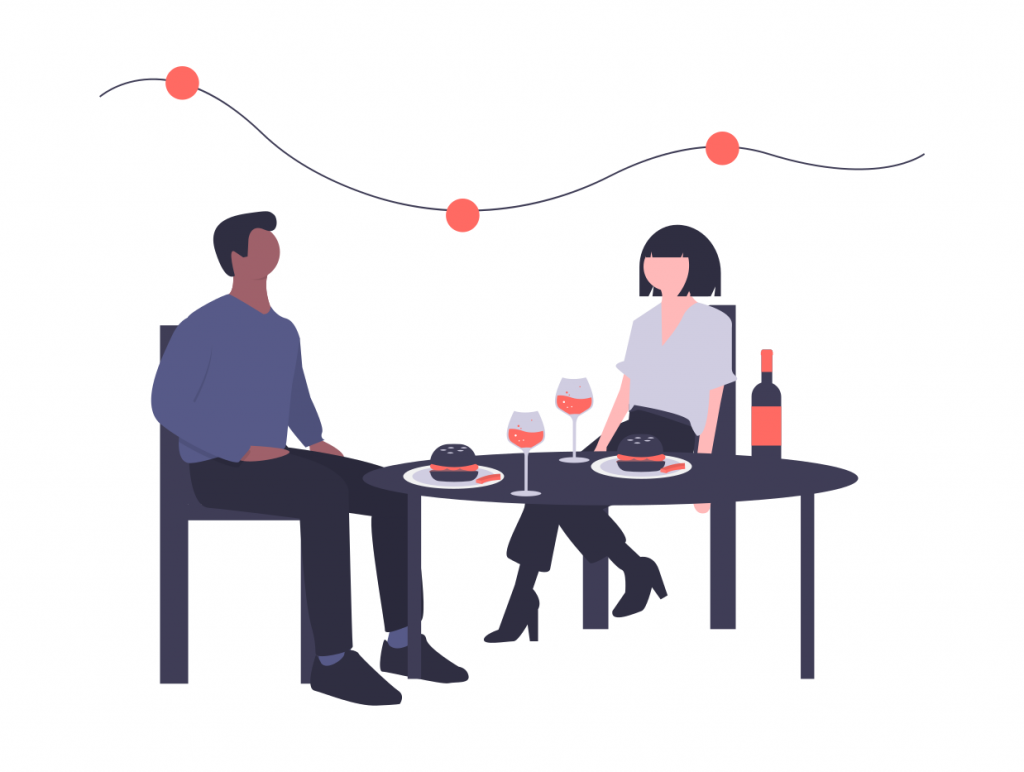
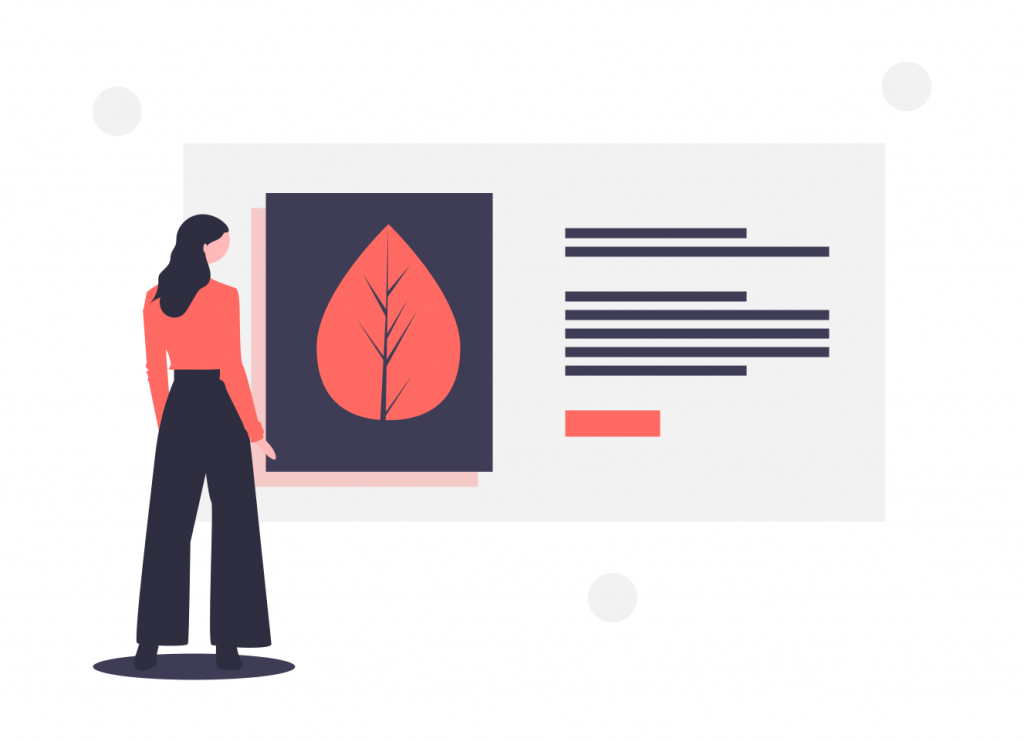


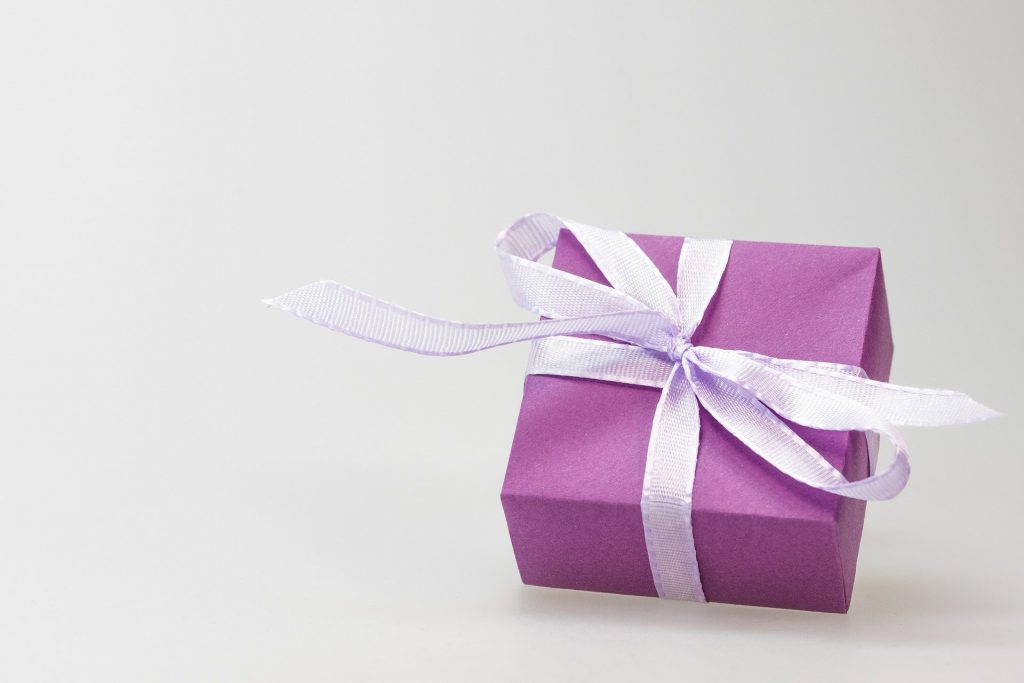
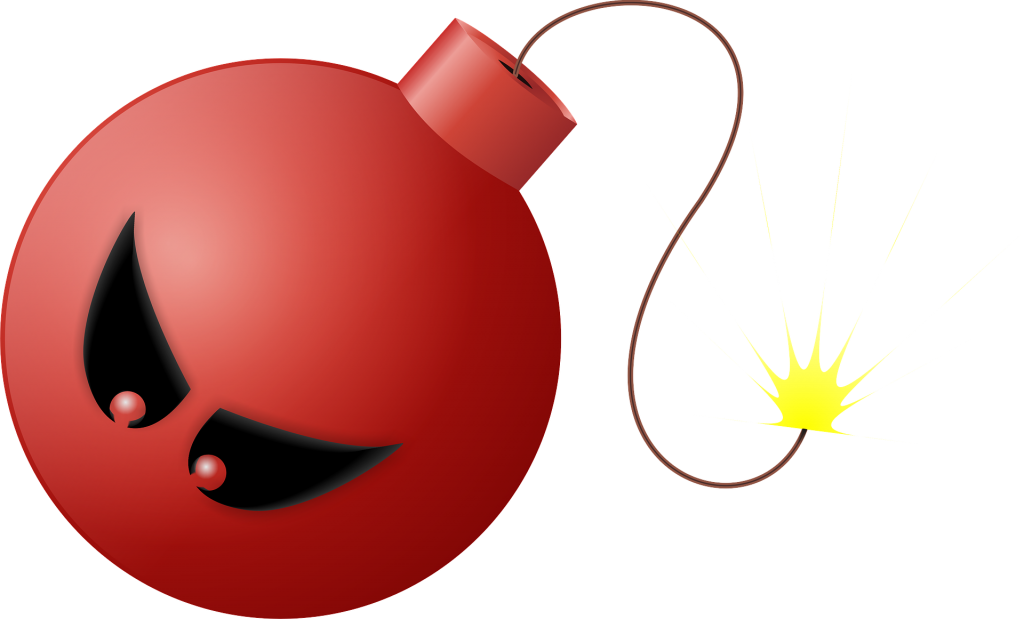
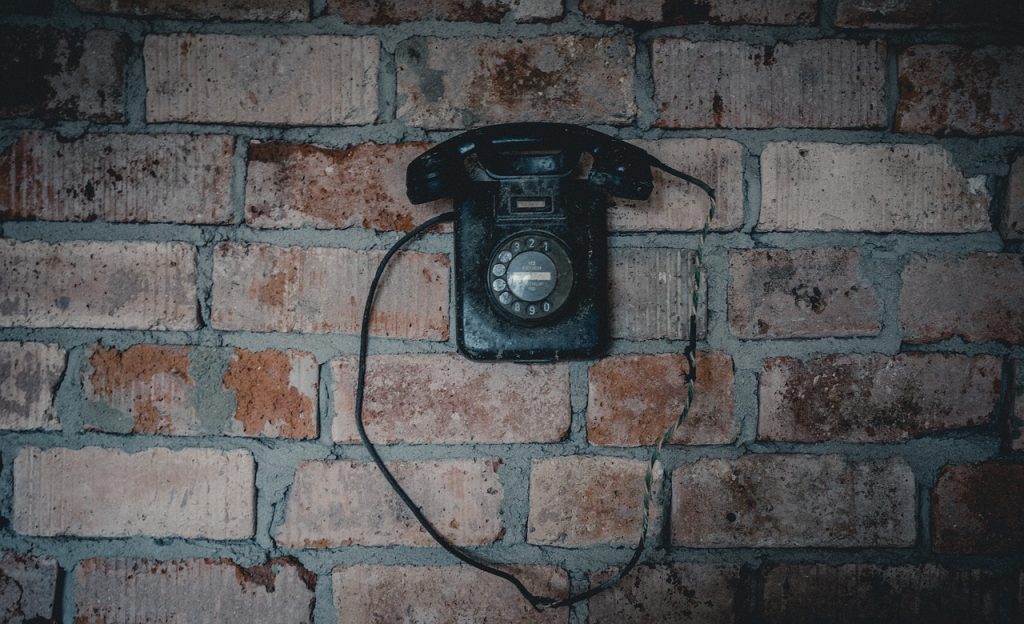
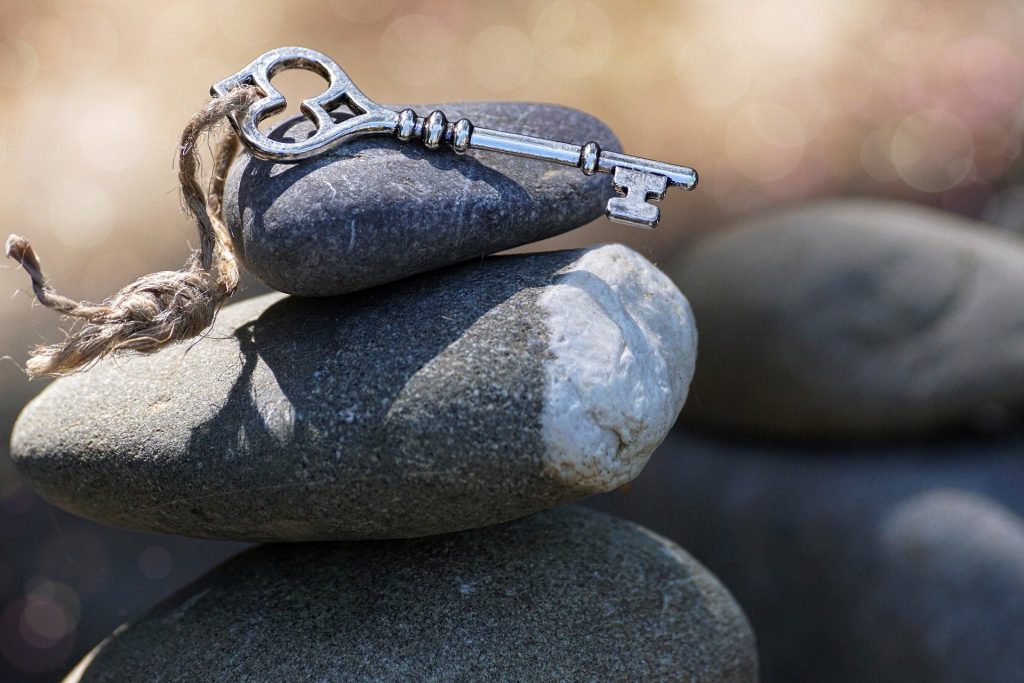
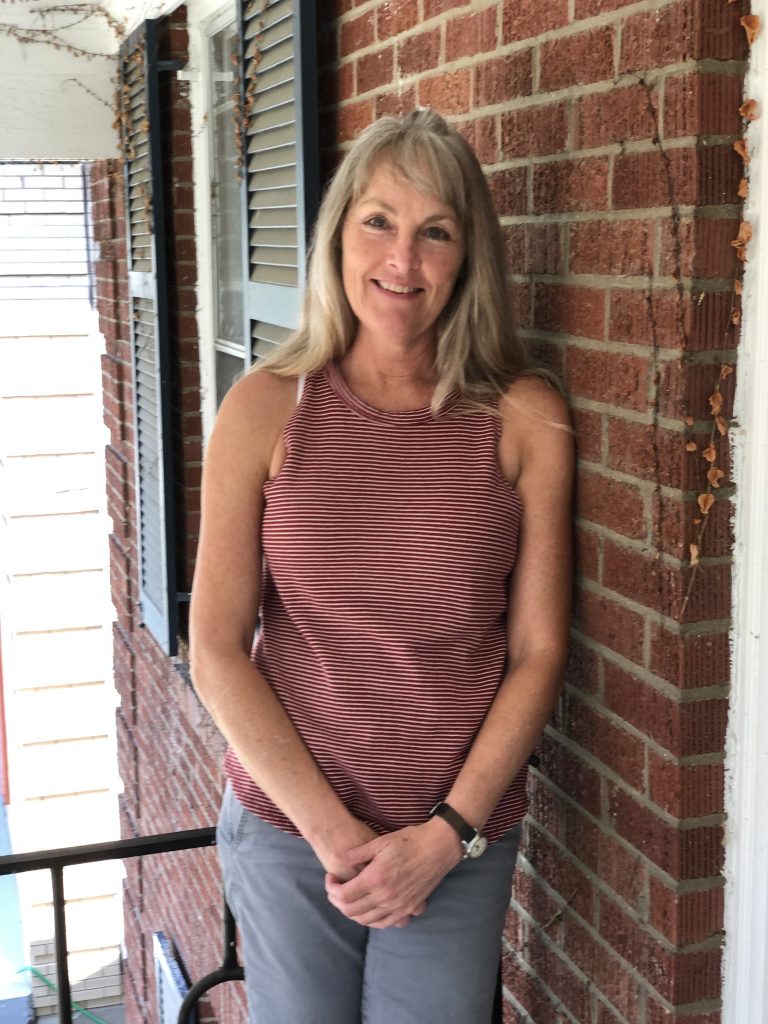


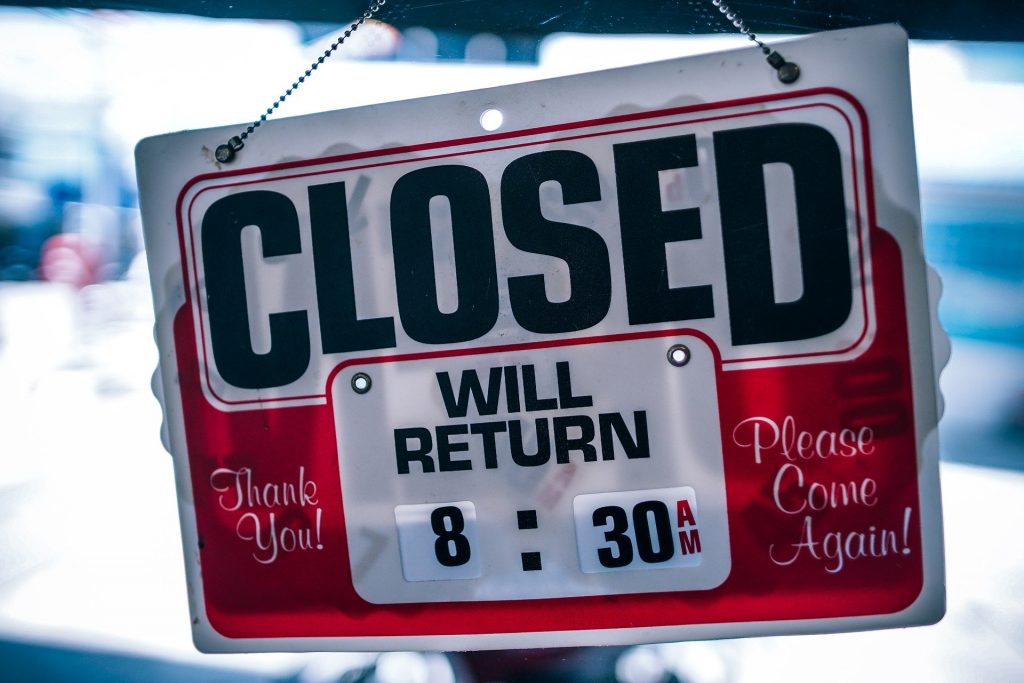
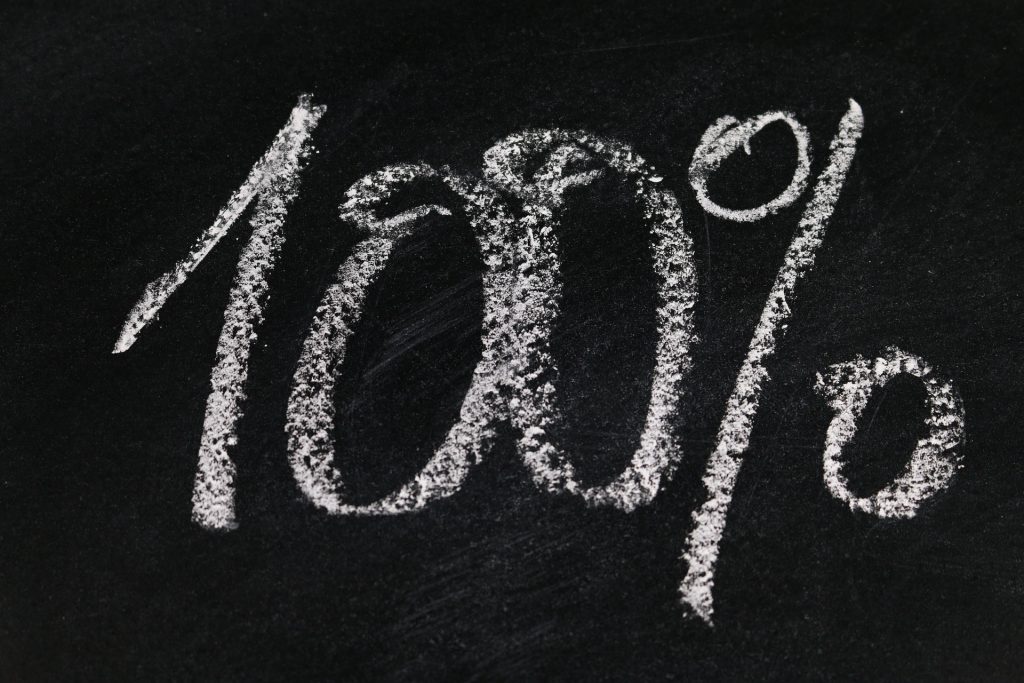
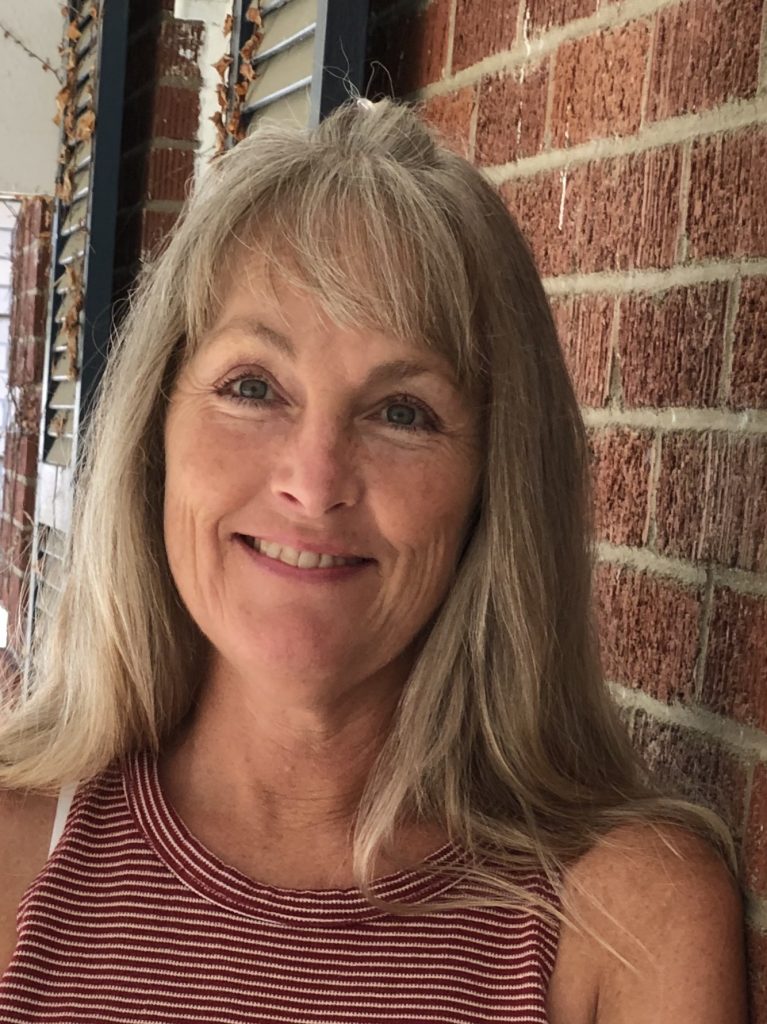

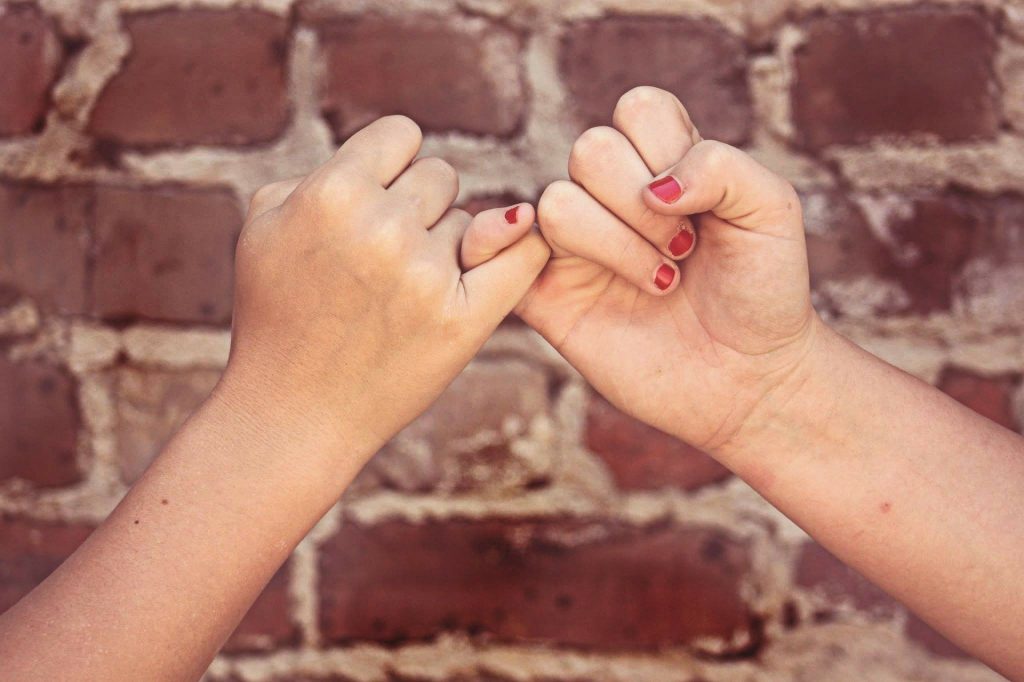
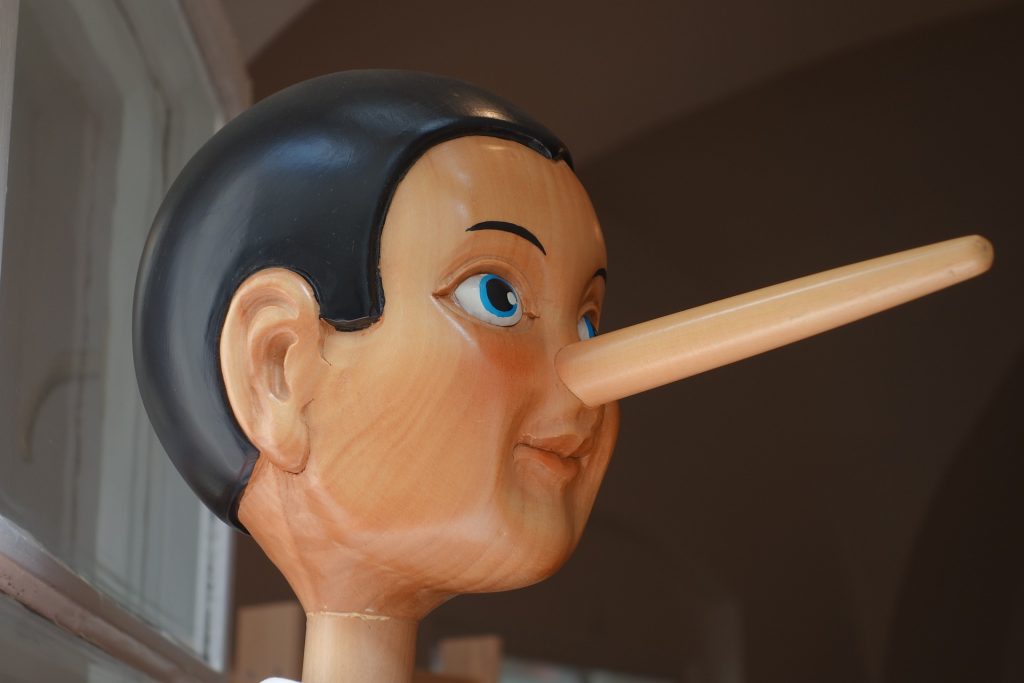
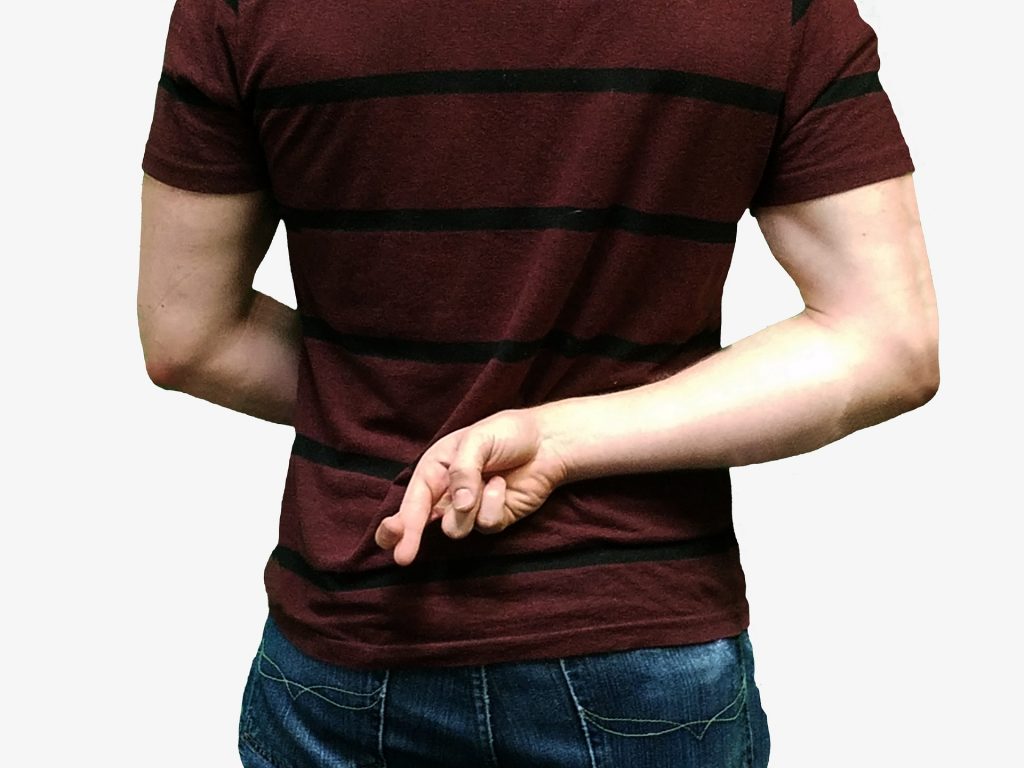

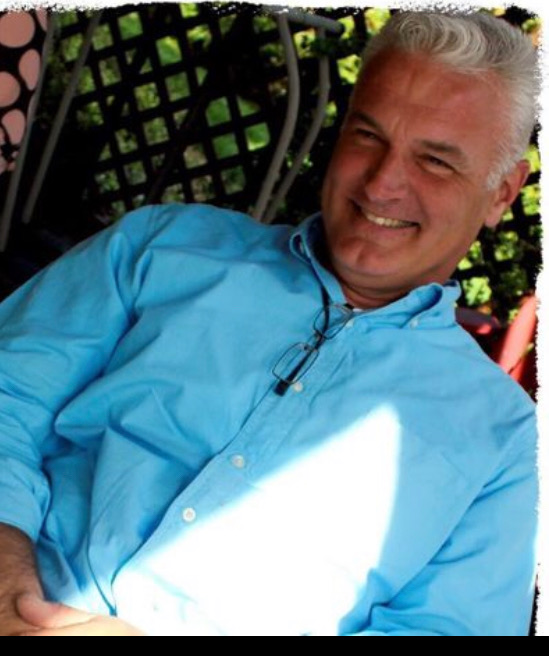
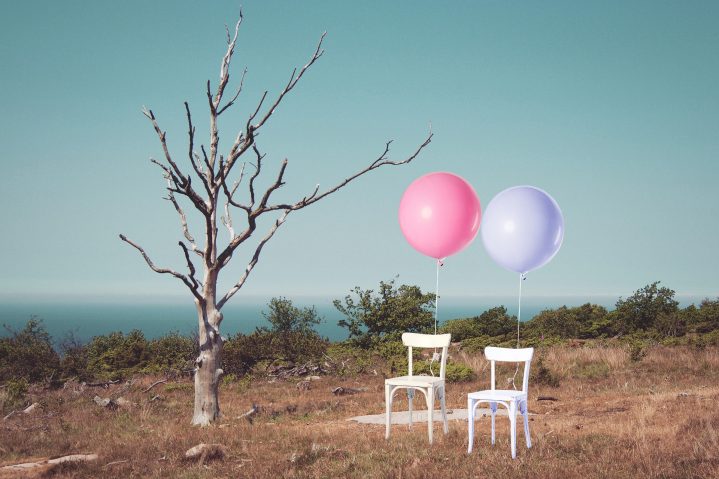
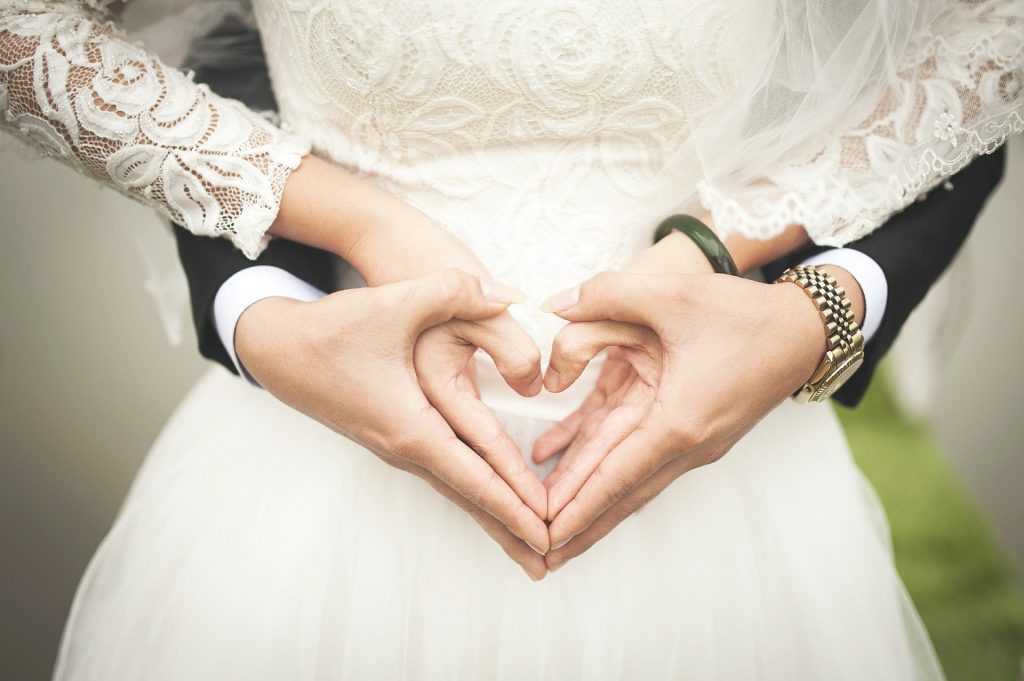
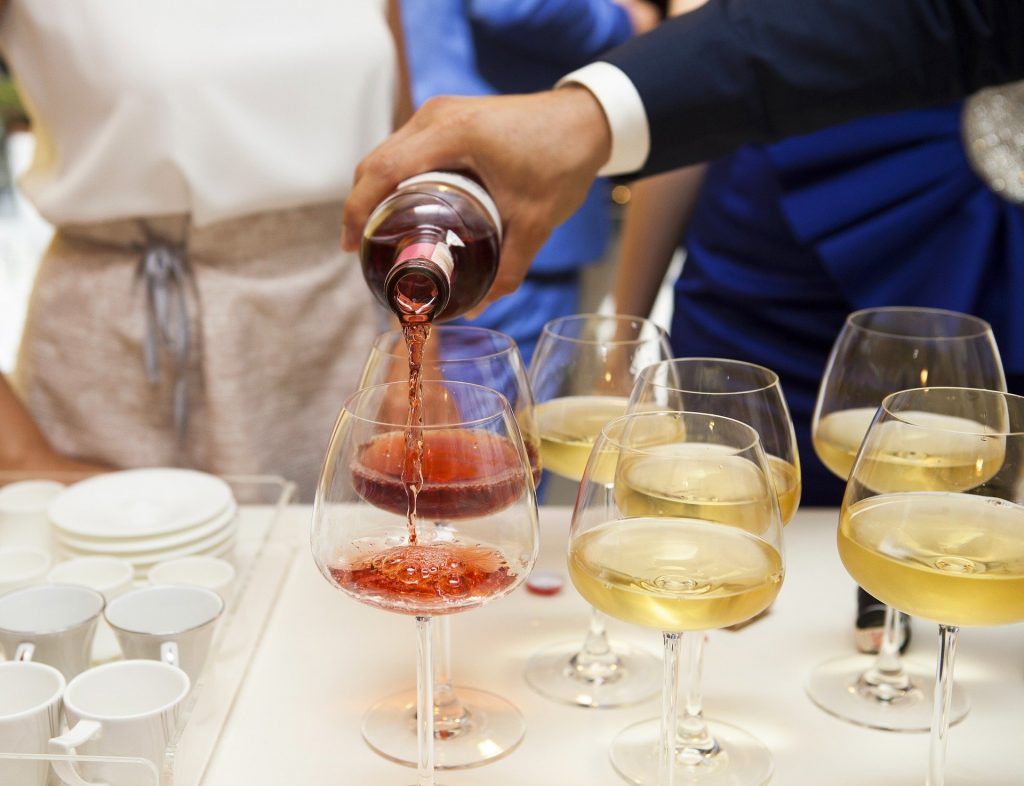

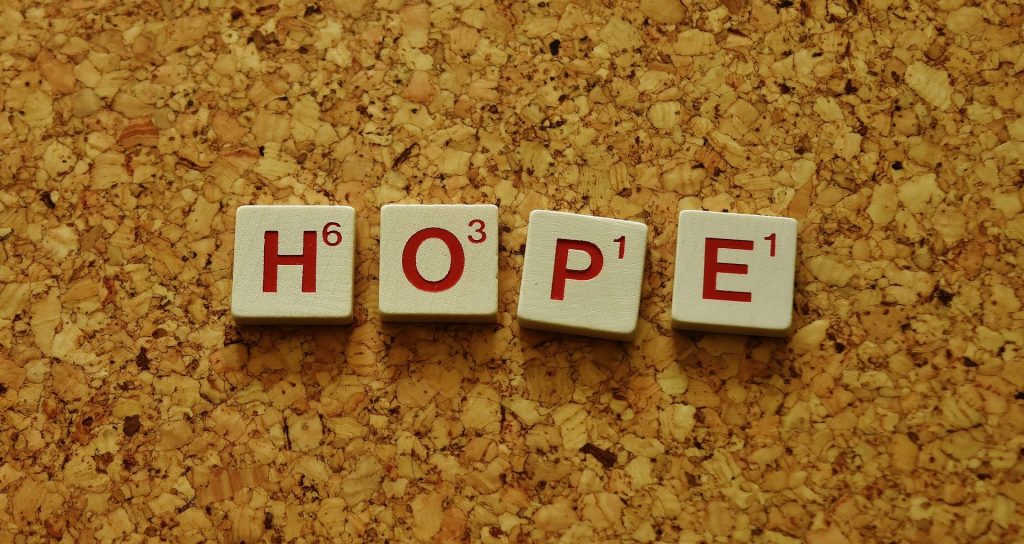
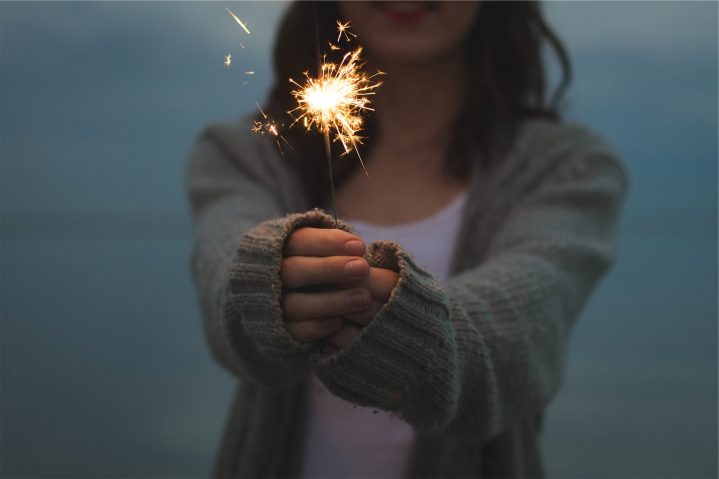
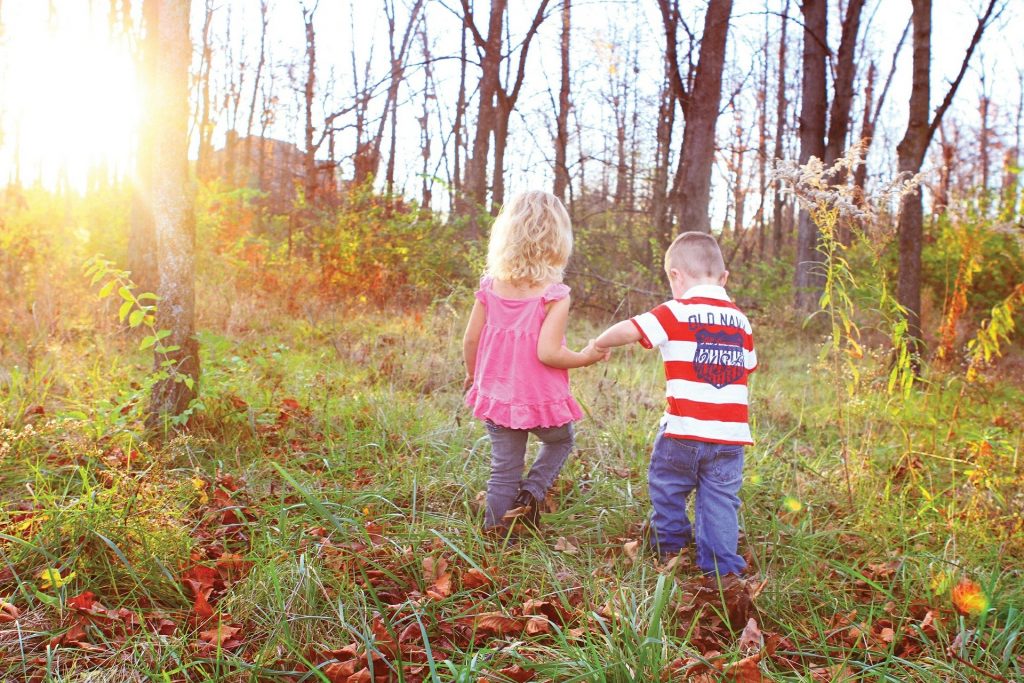
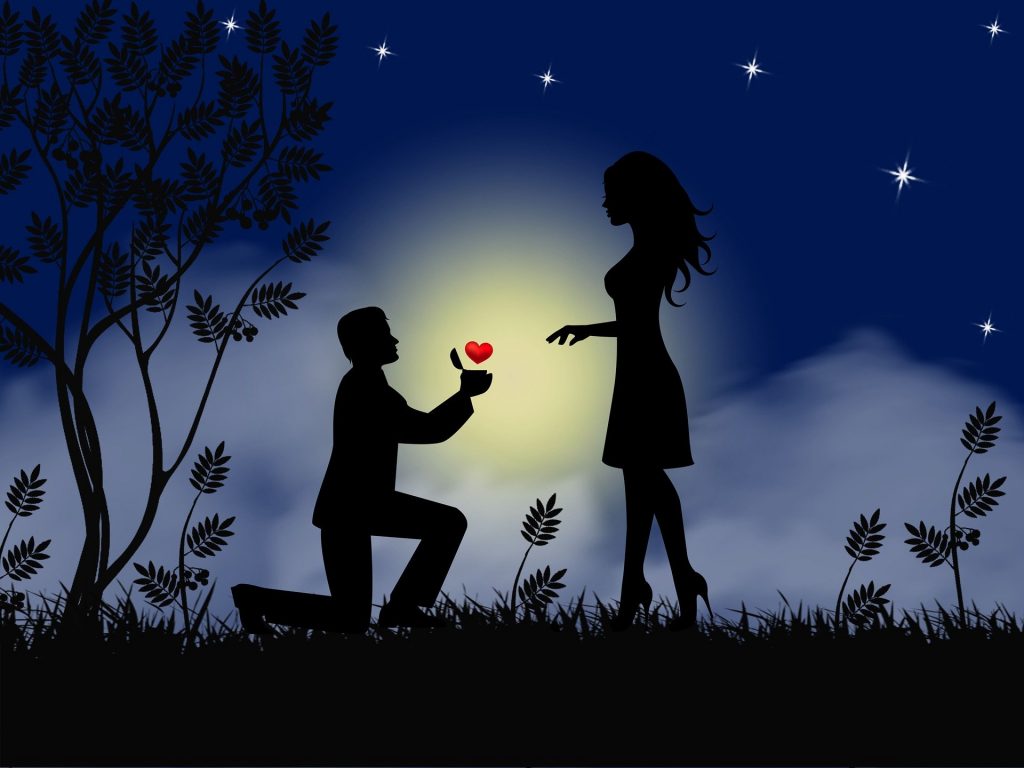



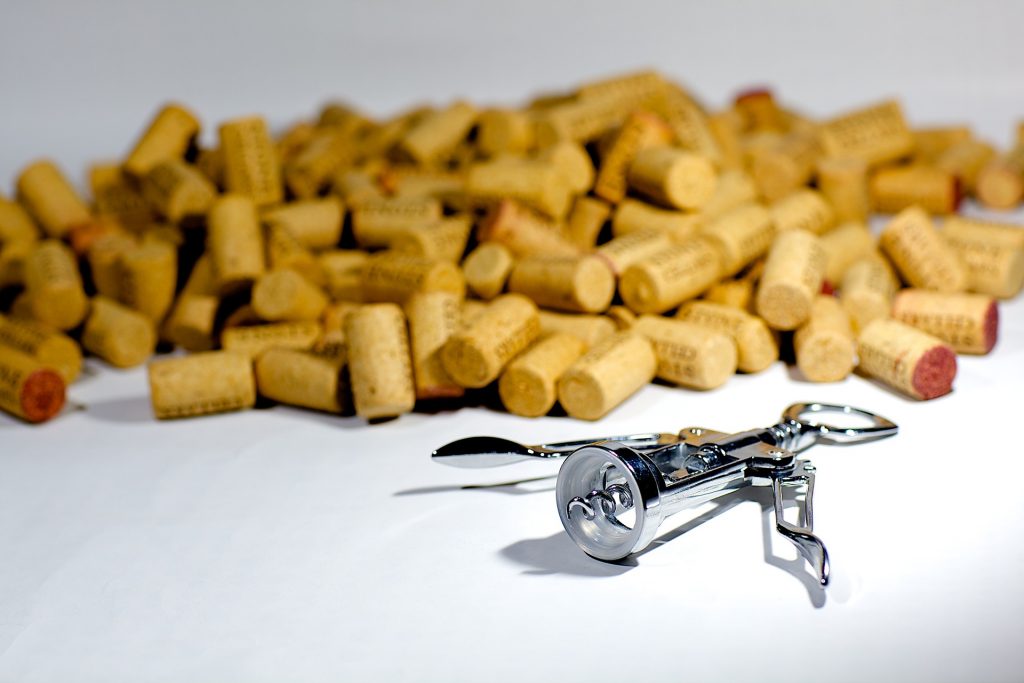
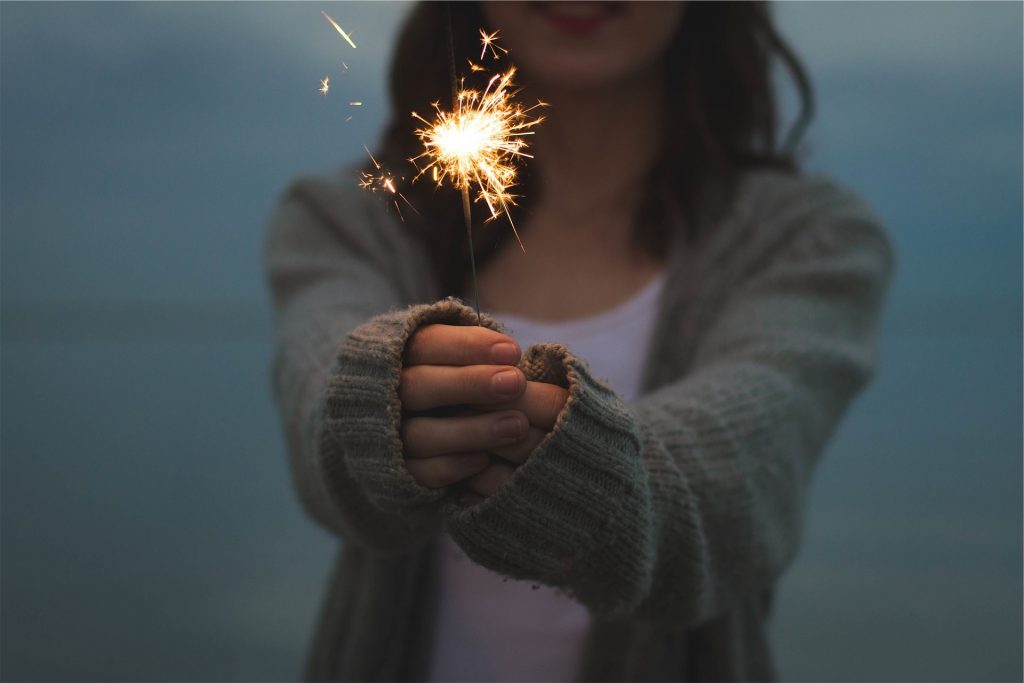
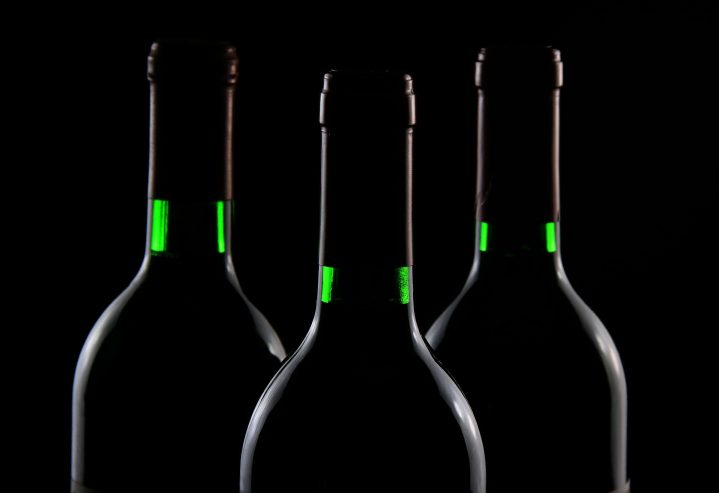
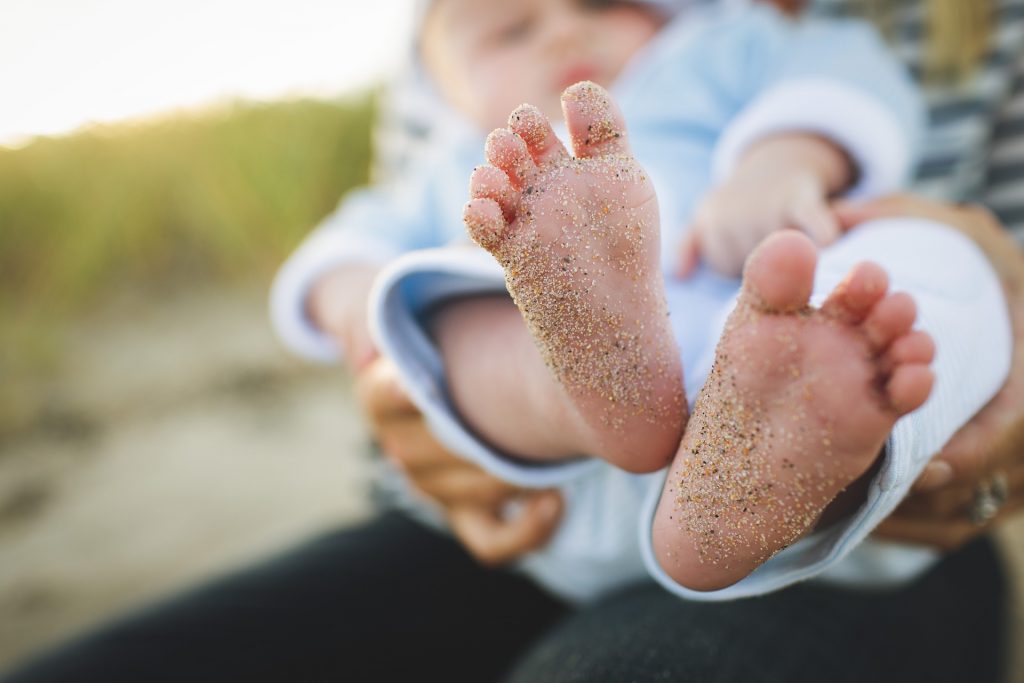
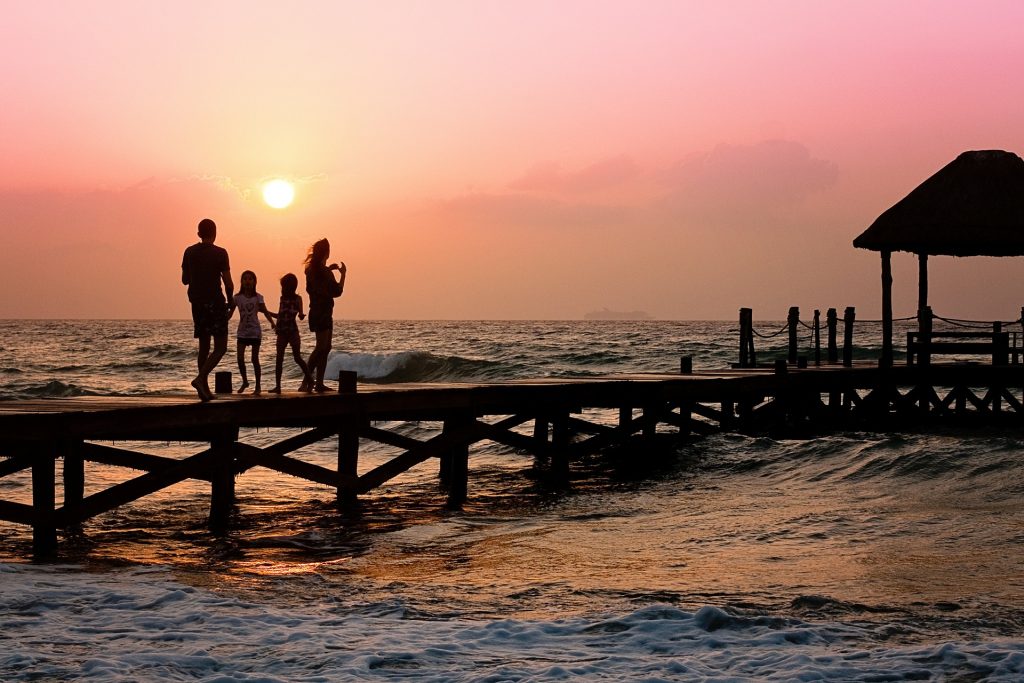

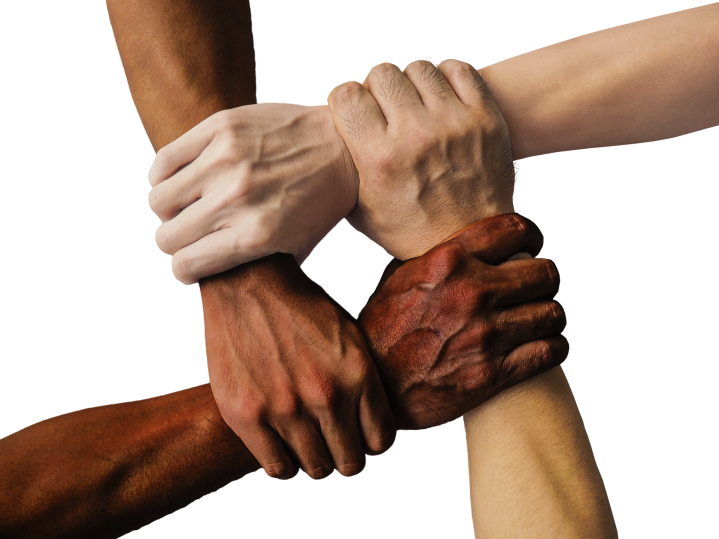
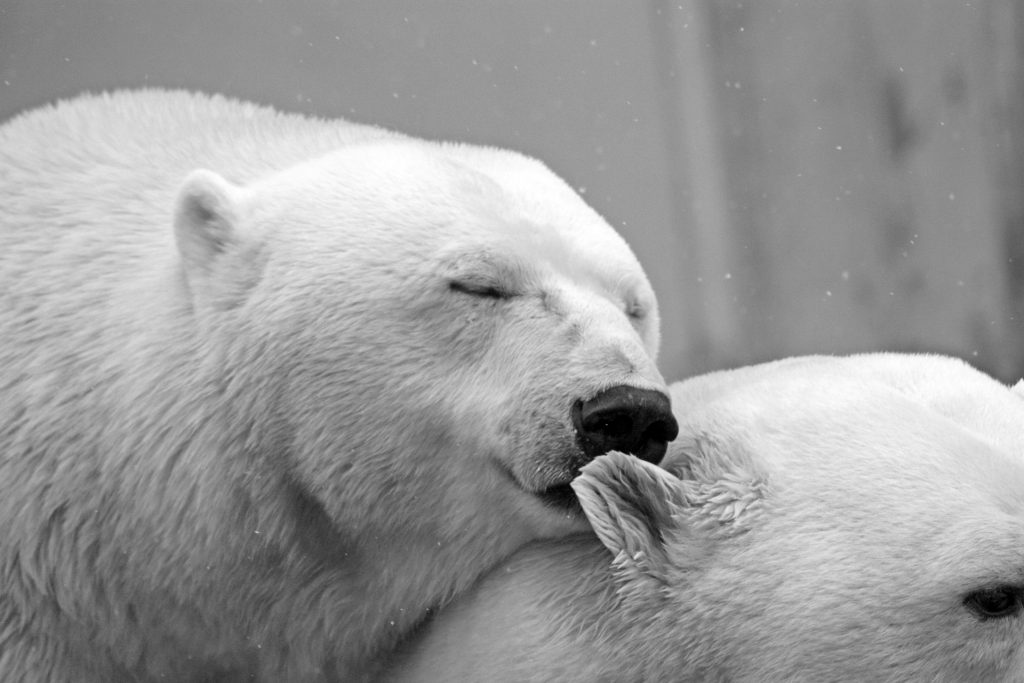


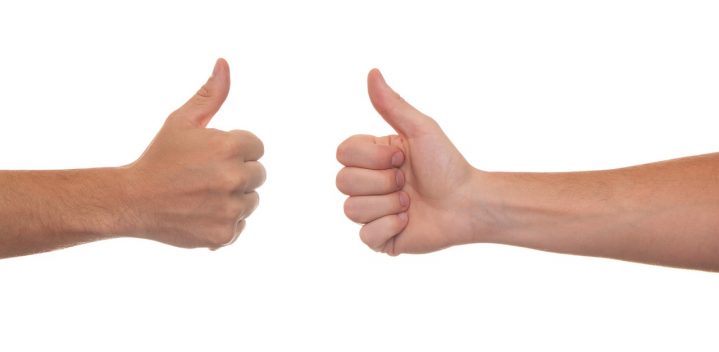
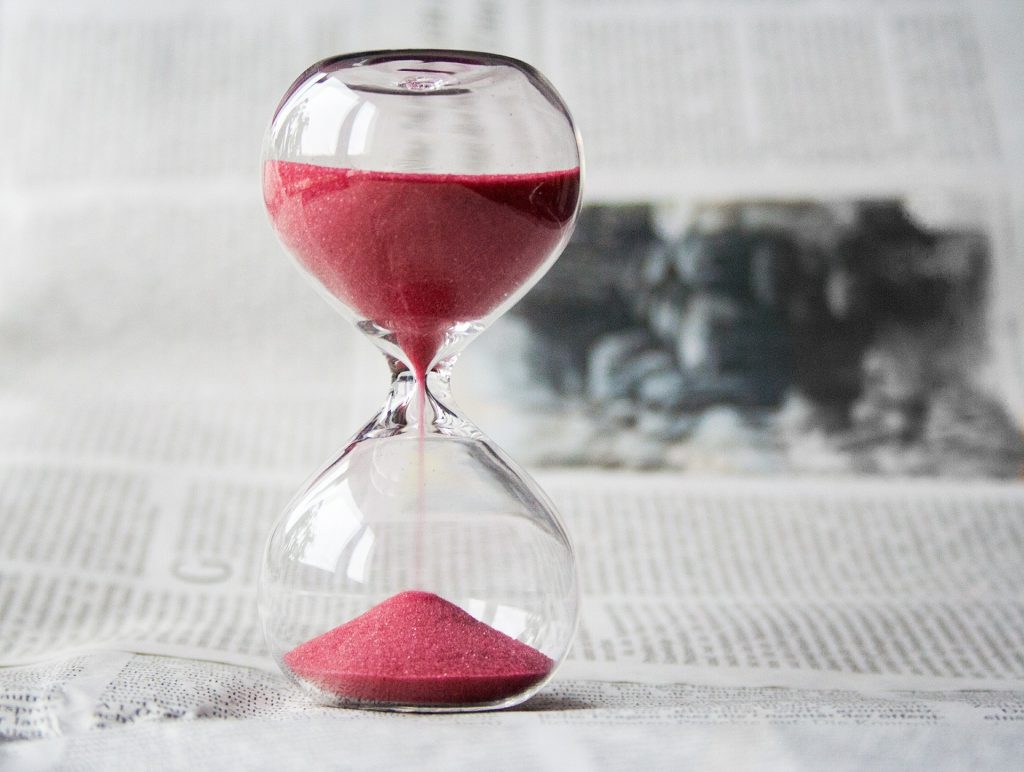
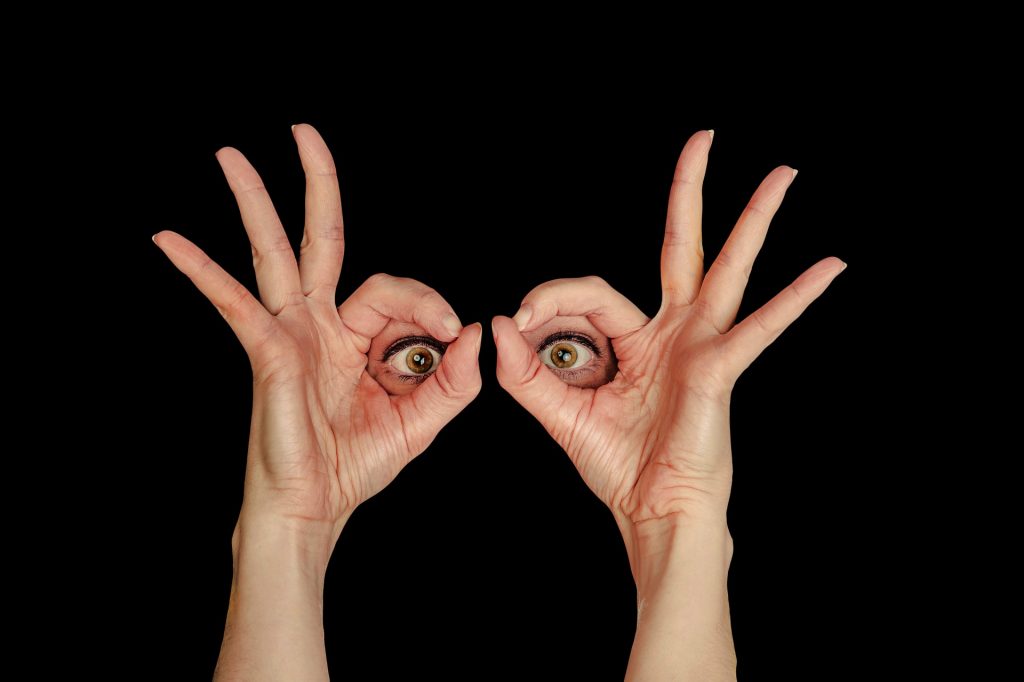

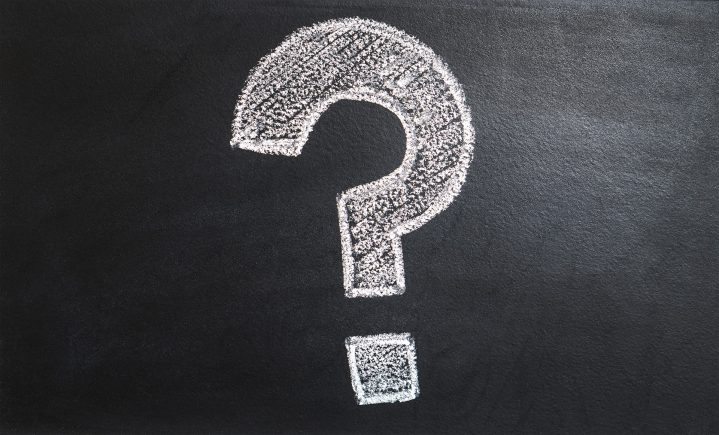
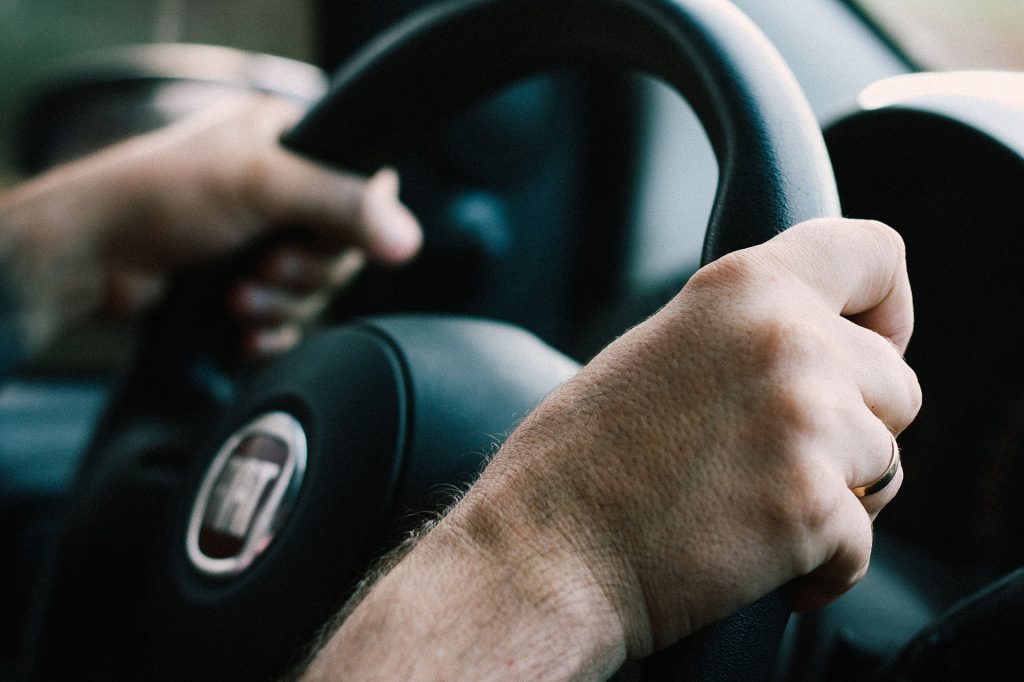
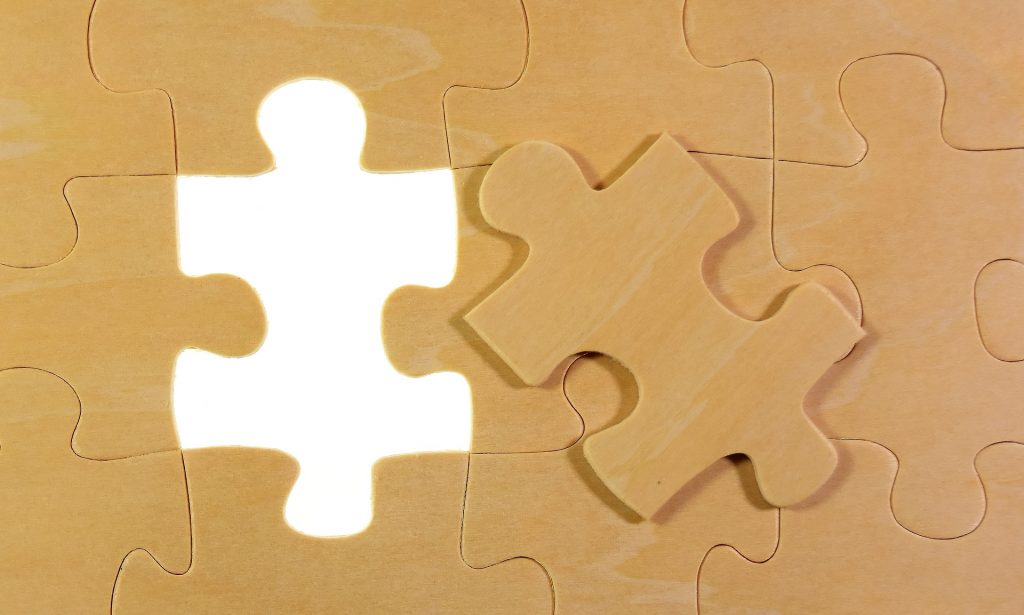
Recent Comments